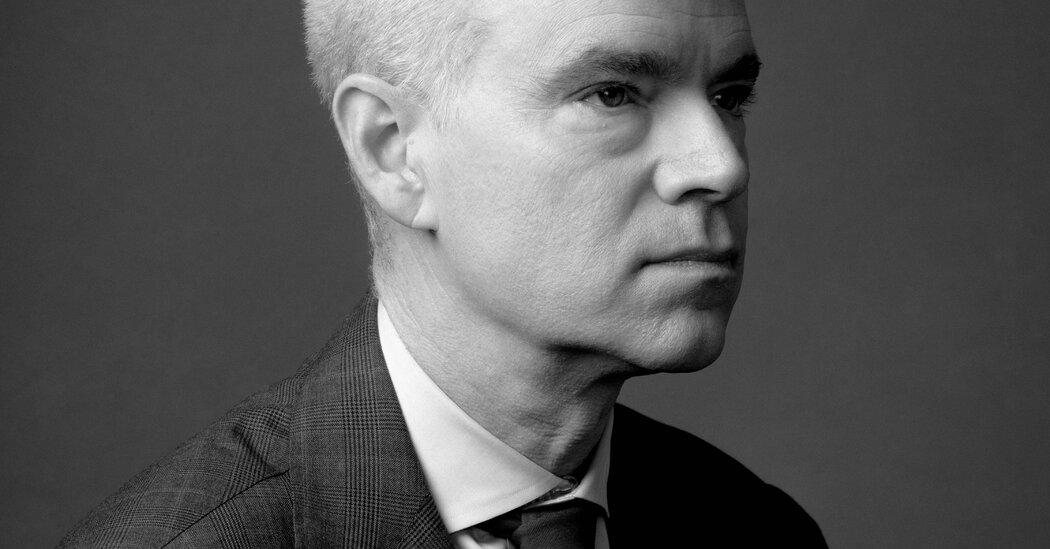Joe Kahn: A Quiet Intensity, Matched With Big Ambitions
At one point, Harvard’s president, Derek Bok, got so fed up with Mr. Kahn’s dogged reporting that he barred university officials from speaking to The Crimson. Years later, Mr. Kahn relished the memory, an early experience of journalism’s capturing the attention of the powerful. “That felt addictive,” he said.
In 1986, he was elected The Crimson’s president, succeeding Jeff Zucker. “Joe was a pretty unanimous choice,” Mr. Zucker, who would later lead NBCUniversal and CNN, said in an interview. “I would describe him back then as quiet, serious, intellectual, a sly sense of humor, and often smoking a cigarette.” (Mr. Kahn said he quit in his 20s.)
After his first job in Texas at The Dallas Morning News, Mr. Kahn — on the advice of his former professor Roderick MacFarquhar — returned to Harvard to begin preparing for a career in China. He enrolled in Mandarin classes and a master’s program in East Asian studies. (Mr. Hirschorn conjectured that Mr. Kahn had decided to specialize in China “out of sheer degree of difficulty,” which Mr. Kahn said was only partly true.)
By the spring of 1989, his professor’s prediction had come true: The world was watching the student protests in Tiananmen Square. Mr. Kahn decided to pause his Harvard studies; he secured a tourist visa and traveled to Beijing to report on the front lines, persuading his former editors in Dallas to run his dispatches.
In a matter of weeks, he was deported.
Life in China
It was a June afternoon when Chinese security officials swooped down on the curly-haired young American journalist interviewing peasants in a village on the outskirts of Beijing. Mr. Kahn, then 24, was detained, ushered into a van and accused of violating martial law. Forced to sign a “self-criticism” of his alleged crimes, he was ordered to leave the country, or face jail time.
Nicholas D. Kristof, then The Times’s Beijing bureau chief, covered the episode for The Times. “He was quiet, smart and thoughtful, with an intensity lurking somewhere behind that laid-back exterior,” Mr. Kristof recalled of the young Mr. Kahn.
Back in the United States, Mr. Kahn completed his master’s program, then returned to Dallas as an editor on the foreign desk of The Morning News. Soon, the newspaper agreed to make him an Asia correspondent, based in Hong Kong, where his reporting on mistreatment of Chinese women helped the paper win a Pulitzer in 1994.
Check out our Latest News and Follow us at Facebook
Original Source







